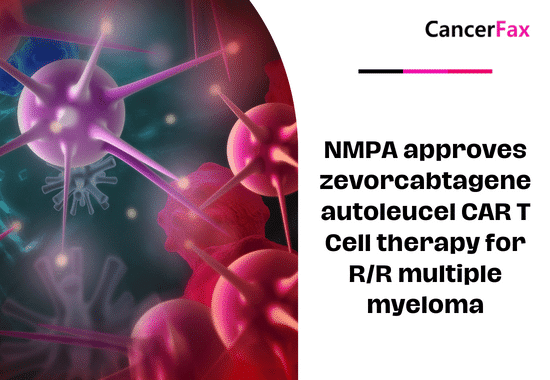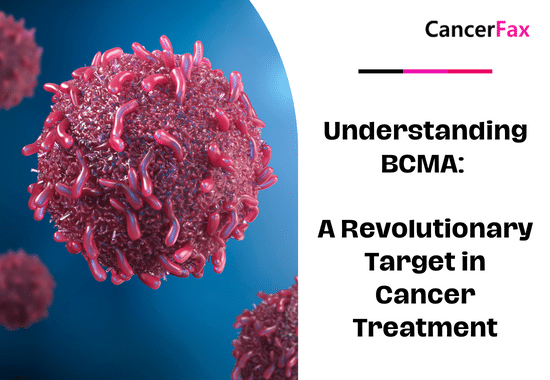At the 2018 Gastrointestinal Cancer Symposium, the results of the Phase III CELESTIAL trial showed that compared with placebo, carbotinib can improve the overall survival (OS) of previously treated patients with advanced liver cancer (HCC) by 2.2 months .
In the double-blind trial, the median survival time for carbotinib was 10.2 months compared to 8.0 months for placebo, which meant a 24% reduction in the risk of progression or death. Progression-free survival (PFS) with catinitinib was 5.2 months, and placebo was 1.9 months, and the risk of progression or death of targeted therapy was reduced by 56%.
Based on the results of this study, pharmaceutical companies are preparing to submit an application for approval to the FDA, which was approved for the treatment of kidney cancer and tiroid cancer. The prognosis of patients with advanced hepatocellular carcinoma is poor, and previous systemic treatments are limited. Principal Investigator Ghassan K, MD, MD, Memorial Sloan Kettering Cancer Center, said that in clinical trials, the significant benefits for patients ’overall survival and progression-free survival indicate that if approved, carbatinib can become an important treatment for these patients Complementary therapy.
In the CELESTIAL trial, 707 patients were randomly assigned to 60 mg of carbatinib (n = 470) or placebo (n = 237) per day. All patients had ECOG performance status 0 or 1. At least one systemic treatment was performed, and 70% of patients had used sorafenib (Nexavar).
In the analysis of the sorafenia group, the median OS in the carbotinib group was 11.3 months, compared with 7.2 months in the placebo group; the median PFS was 5.5 months and 1.9 months in the placebo group.
Treatment-related AEs (16%) compared with placebo (3%), more patients stopped treatment. The most common grade 3-4 adverse events (AEs) and kasatinib against placebo are abnormal palmar redness (17% vs 0%), hypertension (16% vs 2%), and elevated aspartate aminotransferase (12% vs 7%), fatigue (10% vs 4%) and diarrhea (10% vs 2%). Compared with placebo, the incidence of grade 5 AEs in the carbotinib group was higher. Overall, 6 patients developed liver failure, esophageal bronchial fistula, portal vein thrombosis, upper gastrointestinal bleeding, pulmonary embolism, and hepatic vein syndrome. One patient in the placebo group died of liver failure.

